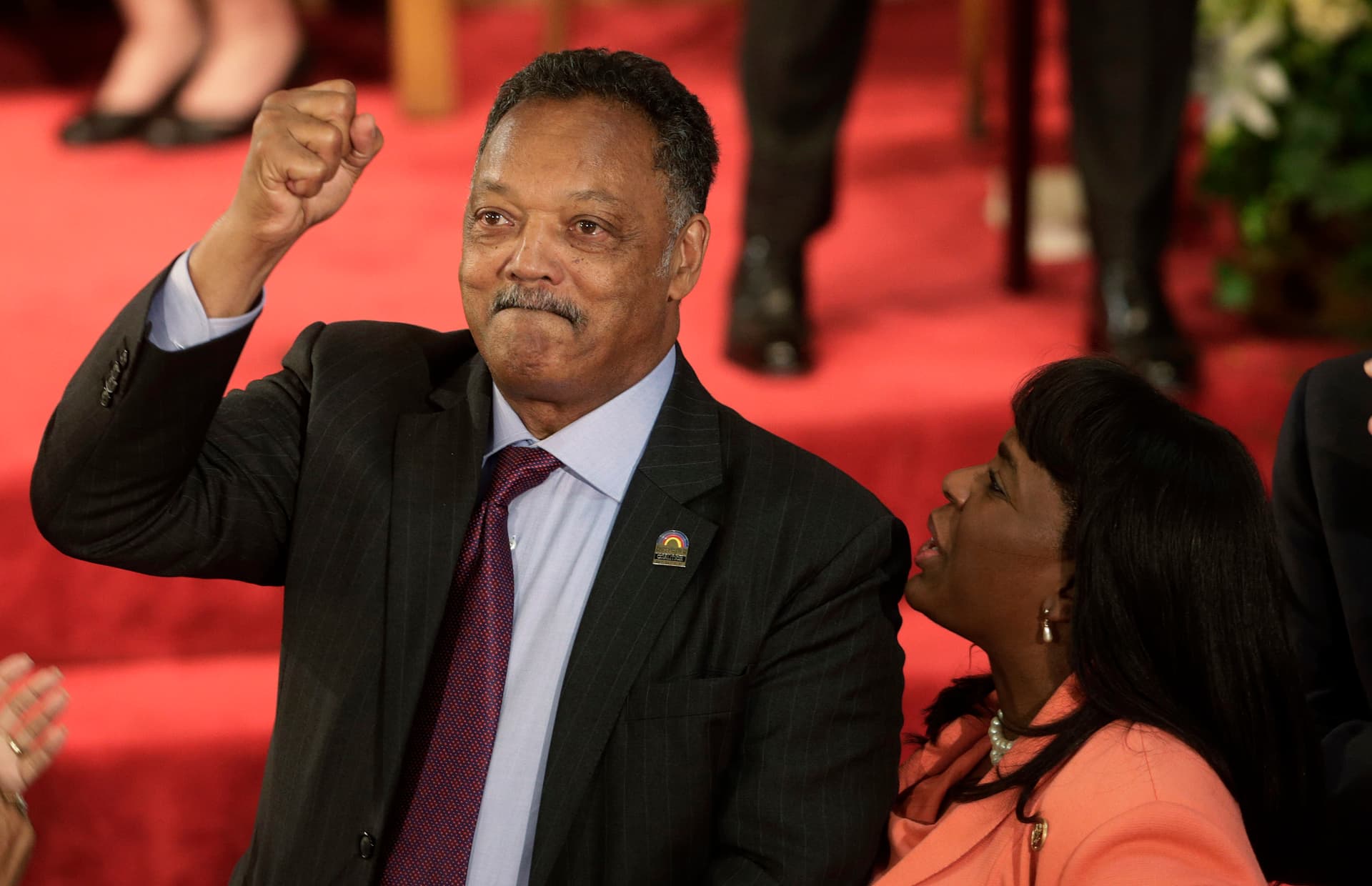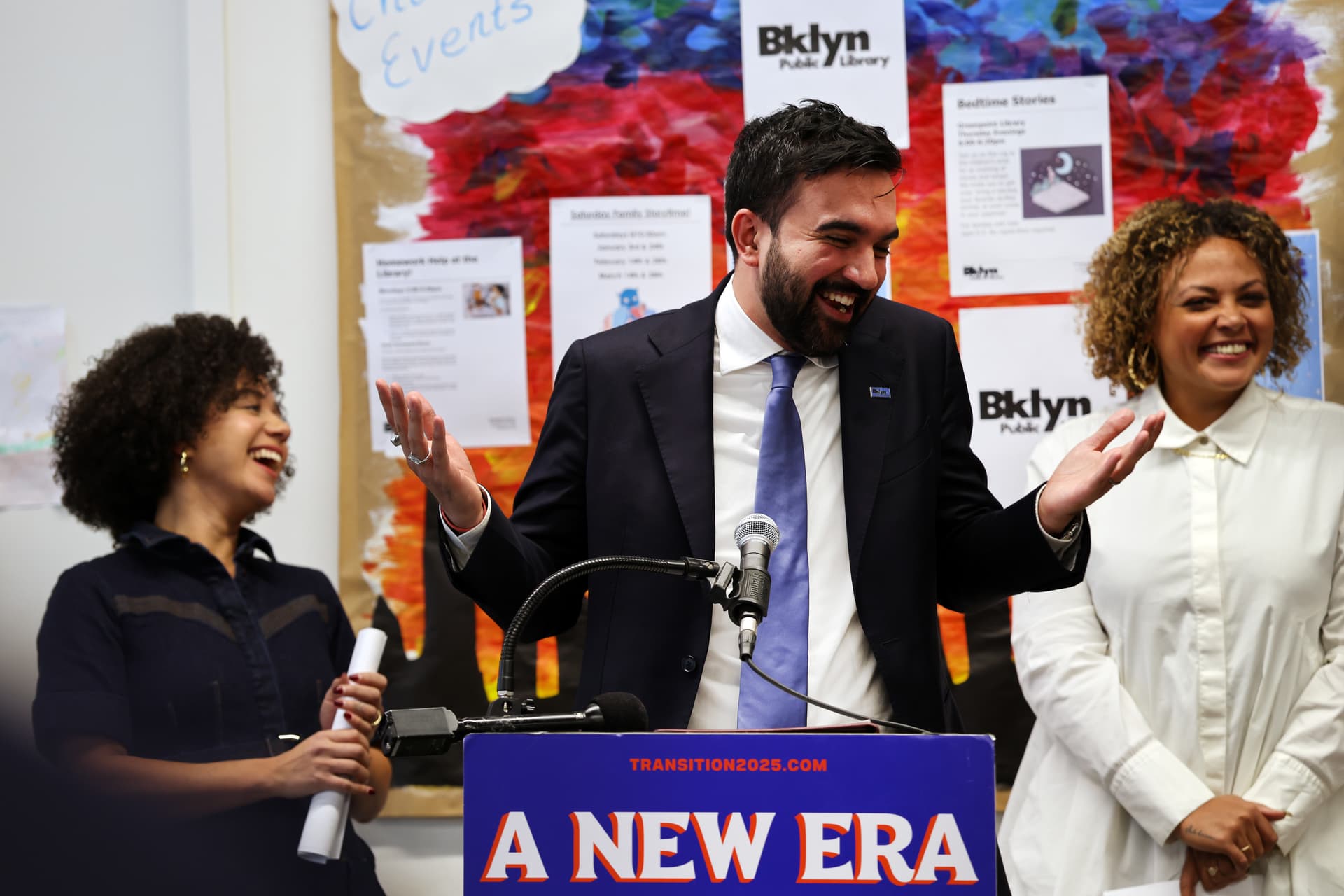
Will Europe and the Rest of the World Listen to Marco Rubio?
By LAWRENCE KUDLOW
|At issue is whether the Israel Defense Force can afford to exempt a large segment of draftable-aged Israelis from compulsory military service.

Already have a subscription? Sign in to continue reading

By LAWRENCE KUDLOW
|
By THE NEW YORK SUN
|
By THE NEW YORK SUN
|$0.01/day for 60 days
Cancel anytime
By continuing you agree to our Privacy Policy and Terms of Service.

By MARIO NAVES
|